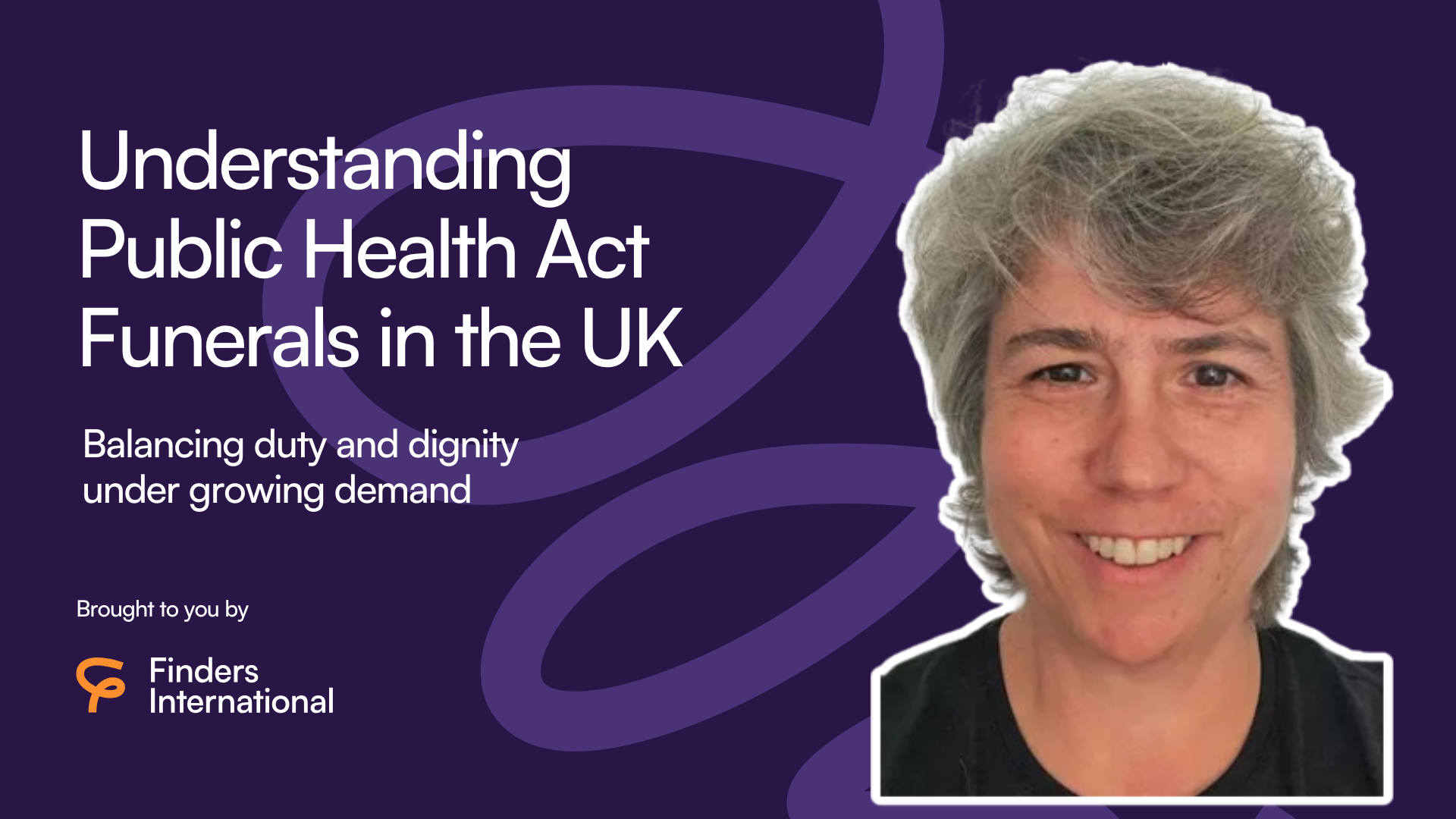December 16, 2025
US Assets and the Challenge of Escheatment

When an estate includes assets in the United States, Executors and probate practitioners can find themselves facing an unfamiliar and often frustrating concept: escheatment.
On paper, escheatment exists to protect unclaimed property. If a person appears to have abandoned shares, dividends or accounts, US States have laws allowing them to step in and take custody of those assets. The logic is simple – assets should not sit forgotten or be vulnerable to misuse. In reality, however, the process is anything but simple, and for UK estates it can cause long delays and unnecessary complications.
The irony of ‘abandoned’ property
Despite the name, most of these assets have not been deliberately abandoned at all. A house move without updating records, an elderly shareholder losing capacity, or even something as minor as uncashed dividends can all trigger the transfer of property into a State’s Unclaimed Property department. Each State has its own legislation and its own procedures, which means what counts as “abandoned” in one jurisdiction may be treated differently in another.
For estates that include US shares, this is a genuine risk. Executors can find that investments once thought secure have been liquidated and handed over to a State authority, where they will remain until someone has the knowledge, and the persistence, to claim them back.
Assets that never expire
One small comfort is that escheated assets do not disappear. Once transferred, they are held indefinitely in cash form, waiting for the rightful heirs or their representatives to come forward. For Executors, that means the door to recovery is never truly closed.
The catch, of course, is that walking through that door requires navigating a maze of paperwork, verification steps, and procedural hurdles. States demand rigorous proof: proof of the deceased’s ownership, proof of entitlement, and proof that the Executor or Administrator has the legal authority to act. Even when claims are accepted, the payout itself can be problematic—most States still prefer to issue cheques in US dollars, despite the dwindling number of UK banks able to process them.
Why experience matters
This is where professional support can make all the difference. At Finders International, our Asset Services team has spent years helping Executors and probate practitioners recover escheated funds. We know how opaque and inflexible the process can be, and we understand the practical challenges that follow—even after approval.
For practitioners, the goal is simple: to ensure estates are administered fairly and completely, without unnecessary loss to heirs. By consulting with our team, you gain both guidance and hands-on assistance in managing claims, removing obstacles, and securing funds that might otherwise remain out of reach.
A hidden corner of estate administration
Escheatment rarely takes centre stage in estate planning discussions, but for those administering estates with US holdings, it can quickly become a major concern. The good news is that these assets do not expire. The less good news is that recovering them is rarely straightforward.
With the right expertise, however, Executors can ensure no part of an estate is left in limbo. Finders International stands ready to provide that expertise, helping practitioners and families navigate the complexities of escheatment with confidence.
If you would like to discuss a case in confidence, or simply learn more about how escheatment might affect your clients, please contact our International Asset Services team.














